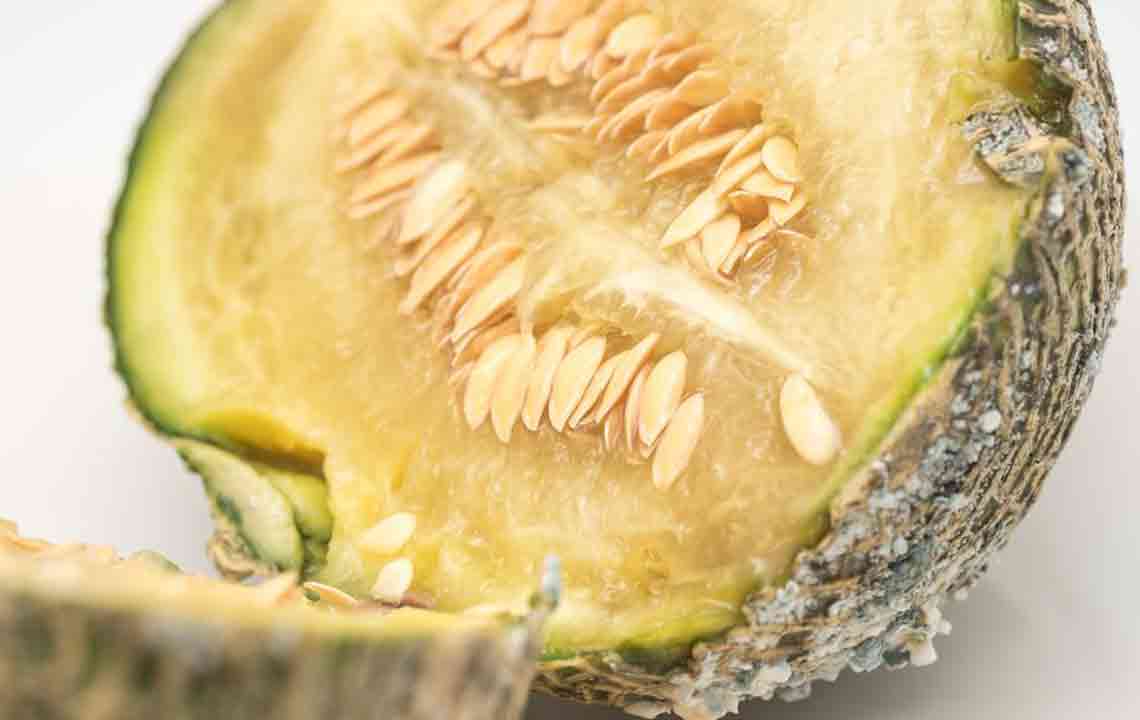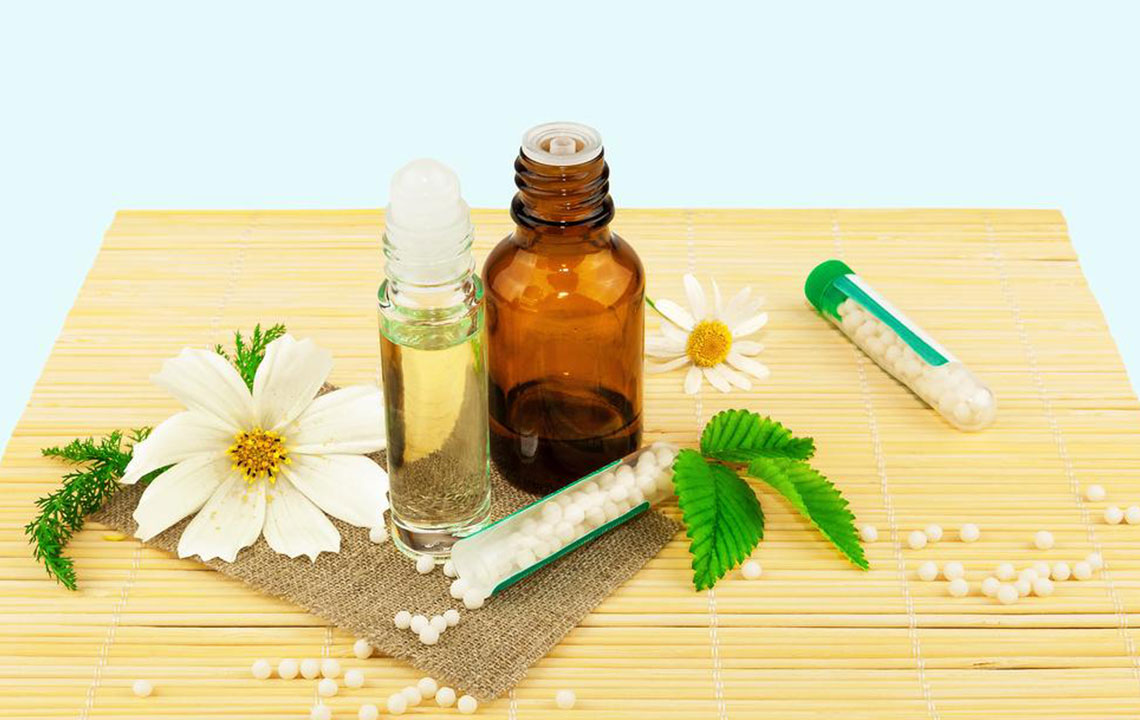Comprehensive Natural Strategies for Treating and Preventing Yeast Infections
This comprehensive guide explores natural remedies and preventative strategies for yeast infections, emphasizing safe, effective, and holistic approaches. From herbal remedies like tea tree oil and garlic to lifestyle tips including hygiene and diet considerations, discover how to treat and prevent these infections naturally. Ideal for those seeking alternatives to pharmaceuticals, the article details practical methods, home remedies, and supportive habits to restore health and prevent future occurrences. Empower yourself with natural solutions and improve your well-being today.

Discover Effective Natural and Holistic Remedies for Yeast Infections
Yeast infections, medically termed candidiasis, are a common health concern characterized by an overgrowth of fungi from the Candida species. This condition can affect various parts of the body but is most notably prevalent in intimate areas like the vagina. The primary goal in treating yeast infections is to eradicate the excess fungi and restore a healthy microbial balance. While traditional medical treatments such as antifungal pharmaceuticals are often prescribed, many individuals are turning towards natural remedies that are gentle, safe, and effective. These holistic options can be particularly advantageous during early stages of infection, minimizing reliance on synthetic drugs and promoting overall well-being.
Vaginal yeast infections are among the most common complaints affecting women worldwide, causing discomfort, irritation, and abnormal discharge. It is always recommended to consult a healthcare professional before initiating any treatment to ensure proper diagnosis and personalized advice. Among natural remedies, boric acid and tea tree oil have demonstrated notable efficacy when applied externally, helping to restore and maintain the vagina's natural pH balance. Although these substances are milder than pharmaceutical options, they can be powerful when used correctly and early in the infection process.
Using Anti-Fungal Agents
Candida albicans, the predominant yeast responsible for infections, tends to flourish in warm, humid environments, making areas such as the armpits, mouth, and groin vulnerable to overgrowth. Healthcare providers often recommend antifungal medications—such as azoles—either topical or oral, to provide quick relief from symptoms like itching, burning, and irritation. Complementing these treatments with natural remedies like garlic, probiotic-rich foods, and vitamin intake can help promote healing and prevent recurrences.
Many individuals prefer home remedies for yeast infections, viewing them as effective, affordable, and less invasive. Natural ingredients such as garlic, probiotics, yogurt, tea tree oil, and apple cider vinegar are commonly incorporated into treatment routines. For instance, applying organic goat’s or sheep’s milk (without sugar) directly to the affected area can offer soothing benefits. Another popular method involves boric acid baths—a cost-effective, non-invasive therapy—by immersing the lower body in water containing about two tablespoons of boric acid for 15 minutes daily over a course of a week. Caution should be exercised to prevent full-body submersion and to avoid overuse, which can lead to irritation.
These natural approaches are not only capable of reducing symptoms effectively but also help in preventing future recurrences. Additional holistic options include homeopathic remedies like Calcarea carbonica and Sulphur, which may enhance the body’s natural healing processes. Lifestyle factors such as stress, antibiotic usage, processed and sugary foods, steroids, and hormonal fluctuations—particularly pre-menstruation—can increase susceptibility to infections. Supporting these efforts with probiotics such as Bio-K+ and HMF CandiGen helps restore and maintain healthy bacteria levels in the gut and vaginal flora, offering a stronger defense against yeast overgrowth.
Preventive strategies are essential for long-term health. Women, especially those prone to recurring yeast infections, should opt for organic feminine hygiene products that do not disrupt vaginal pH or introduce harsh chemicals. Natural antifungal oils like oregano and tea tree oil are favored for their safety and efficacy in combating fungi. Maintaining good personal hygiene, wearing breathable clothing, and avoiding scented or synthetic products further reduce the risk of infection. Incorporating these practices into daily routines can help preserve vaginal health and support overall well-being against recurrent yeast overgrowth.





